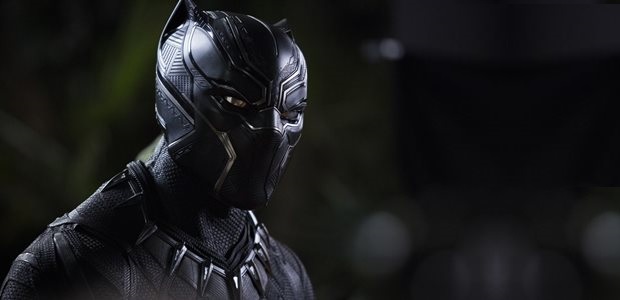I experienced something truly remarkable during my viewing of Black Panther. Mid-way through the film, when it reached an apex in its storytelling I realized my mind had completely stopped registering it as even remotely connected to the superhero genre. Had I walked in at this point, without the obligatory exposition of the opening, I would have not made the association that it was set in the Marvel Cinematic Universe and part of the same canon as Avengers or Spiderman. Such is the majesty of its storytelling and the power of its craft that it singlehandedly elevates the potential of what the genre is capable of.
Superhero movies have come a long way since Marvel Studios burst onto the scene with the first Iron Man and no one could have possibly predicted how dynamic and relevant they would become as cinematic experiences. But Black Panther, much like last years seminal Logan, repackages this experience in new light, by being a movie first and a comic book adaptation second. It focuses on things that make movies work, borrowing from classic cinematic tales that we’ve seen before (the film is essentially a revamped version of Disney’s The Lion King with a dose of Star Wars) but rearranging selective pieces from them in a manner that serves both the needs of the genre and the plot.
Working off of his own co-written script, director Ryan Coogler brings the hallmark of any bona fide auteurship – true vision. Just like he did with Creed and Fruitvale Station before it, he injects the story of T’Challa taking over the throne of the fictional nation of Wakanda with gravitas and grace. The purposeful turn of events, which finds this ascension gravely threatened by an outsider whose motivations and background few are aware of, have great depth and are informed by African history and culture but also by the challenges and limitations that they ethnically and racially face today. Punctuating the seriousness is humour and action, but the commitment to exploring internal conflict and the desire to follow this through to the very end remain the guiding principle.
Even if you overlook the fact that the hero is African and black, it’s hard to ignore the attempts at reinvention when he is largely surrounded by and protected by strong, iron-willed women, who hold their own in nearly every scene. The film, certainly the most heavily plot driven of any Marvel release thus far, also addresses one of the recurring limitations of many recent films from the studio – the villain. Michael B. Jordan turns Erik Killmonger into a determined antagonist straight out of a Greek tragedy whose motive evokes empathy, even when we don’t agree with his methods. So determined is the films approach that even the now obligatory end credits sequences don’t waste running time in building connections to other film or giving us cameos but instead focus on hitting home the central theme of the choices of acquired responsibility and privilege. The film isn’t entirely perfect and gets off to a somewhat shaky first act – with detours to Korea and the US – but once it returns back to Wakanda for the remainder of its running time, Black Panther firmly finds its place, leaves its mark and raises the bar.
Rating: 




